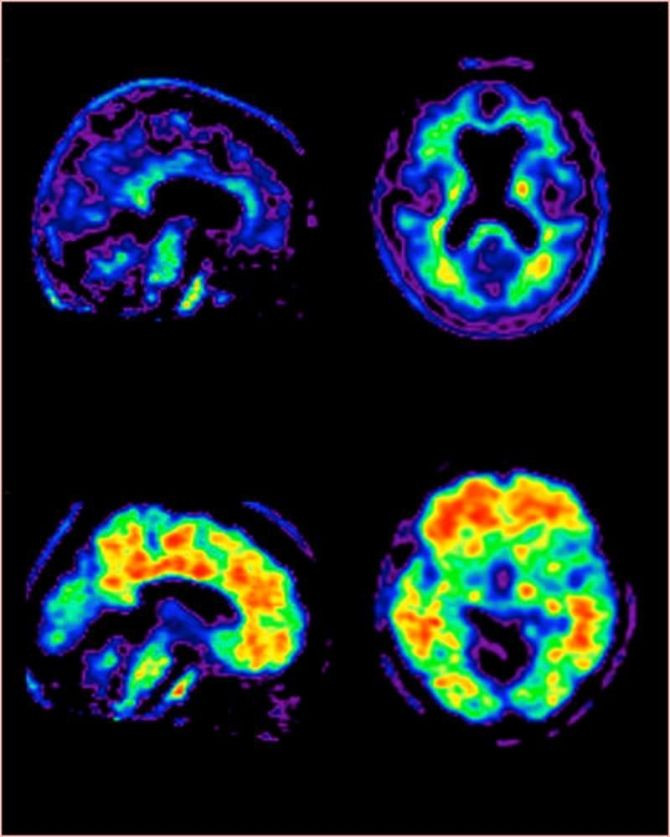African Americans At Higher Genetic Risk For Alzheimer's

A certain variant of a gene has been linked to doubling the risk of late onset of Alzheimer's disease, LOAD, in African Americans, a new study claims.
The ABCA7 gene is responsible for ensuring that cholesterol moves in and out of the body's cells effectively. In the past, researchers have dound that variants of this gene have been associated with Alzheimer's disease in whites. This latest study, which looked at African Americans, was part of the Alzheimer Disease Genetics Consortium, ADGC, funded by the National Institute on Aging. The research uncovered the largest analysis of Alzheimer's and genetic risks in older African Americans.
Researchers gathered genetic information from 6,000 blacks ages 60 and above — some of whom have the neurodegenerative disease, and some who do not. They found the link between Alzheimer's and the ABCA7 gene was 80 percent higher in individuals, compared to 10 to 20 percent of individuals with European descent.
"While the genotypes are similar between groups, the strength of risk is significantly different," Gerard Schellenberg, co-author and professor of pathology and laboratory medicine in the Perelman School of Medicine at the University of Pennsylvania, said in a release. "ABCA7 was previously identified to be weakly involved in the risk of Alzheimer disease among non-hispanics of European ancestry. Among African Americans, however, the gene is associated with a much stronger risk of late-onset Alzheimer disease."
The researchers emphazied that the twofold risk among blacks is a meek increase and also dependent on environmental factors. The gene has been linked to heart disease, as well. Its role as a transporter also invovles moving beta amyloid precursors-beta amyloids are the proteins that accumulate plaque in Alzheimer's victims.
Robert Nussbaum, professor of medicine at the University of California, wrote an editorial about this study. He emphasized that while genetic risks were identified, more research on genetic groundwork of Alzheimer's is needed.
Another variant gene called ApoE4 was also associated with higher risk and was seen in 25 to 30 percent of the population. Only 7 percent of the participants in the study carried the riskier variant gene ABCA7, according to the lead researcher Christiane Reitz, assistant professor of neurology at Columbia University Medical Center.
LOAD is the most common type of Alzheimer's and affects nearly 90 percent of all cases, accounted in people over the age of 65.
The findings appear in the April 10 issue of The Journal of the American Medical Association.



























